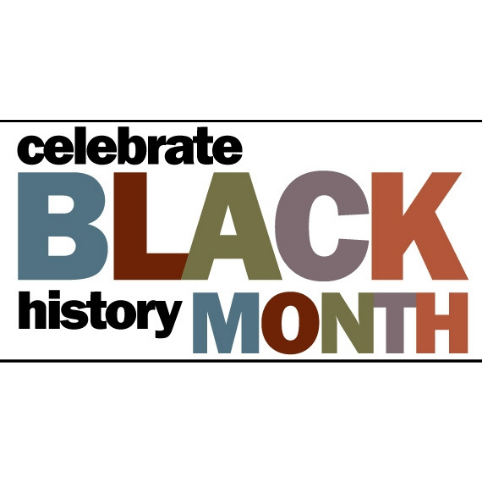This Black History Month, I wanted to look back on some of the Black artists who have had a huge impact on my life, and rather than simply “boost” their names, really reflect on the place of their work in my life, and share that impact with others. These originated as Instagram posts, but I really enjoyed writing long captions for them and figured they would flow even better as a single blog post.
Maya Angelou
I Know Why The Caged Bird Sings by Maya Angelou was one of the first “big kid” books I ever read for school, and this particular quote has stuck with me since I read it at age twelve. It was the first time I really considered the difference between being uninformed and blatantly ignoring facts because they don’t support your view of the world, and that just because you’re “well-educated” doesn’t mean your view of the world must be correct. The impact of this piece of wisdom along with all the rest contained in this memoir is inseparable from the person I am today, with this lesson in particular influencing my interest in being a part of awareness-raising and persuasive story-telling.
Sidney Poitier
I’m a huge film buff, and as a lover of 1960’s film in particular, Sidney Poitier has always been one of my favorite actors of all time. Besides being the source of a lot of firsts — first Black man nominated for the Best Actor Oscar, the first winner a few years later (for my favorite film of his, Lilies of the Field), and the first Black man to kiss a white woman in a studio movie — he was also an inspirationally strong figure in an incredibly unwelcoming industry, who fought for and won leading man status without compromising on his morals or how he wished to be portrayed.
Despite admitting how much the pressure of feeling like he had to represent the entire black population bothered him, he didn’t allow his characters to be pushed around or unduly treated without standing for themselves, famously unafraid of requesting script rewrites and stepping away from productions that he didn’t feel respected him. With representation in the media such a huge topic of discussion and activism these days, I often think back to Sidney Poitier and about how much the modern film industry owes to him.
Audre Lorde
In the third chapter of her book, Zami: A New Spelling of My Name, Audre Lorde tells an anecdote about her early childhood during which time she was considered legally blind. After pointing this out about herself, she continues her story, describing the various colors of things she would see on the street she grew up on. Reading this at first gave me pause: in my mind, legally blind meant not being able to see. Throughout her memoir, she continually circles back to the concept of self-definition, and its frequent conflict with the labels put on us by society. Though legally, via some government-provided definition, she was blind, she could in her own way, see.
Audre Lorde’s book is the foundation of my current views on activism and social justice (not to mention self-actualization) proving that “intersectionality” wasn’t invented the 21st century identity politics, but rather it is the only way to understand the real lived experience of real people, particularly of those at the margins of society. Allowing the marginalized the autonomy to name themselves and their own issues rather leading the way with a white savior complex is the only way justice will ever be realized in the world.
Each of these artists are on the list of those who’s names get tossed around a lot during Black History Month, but I hope that this article inspired you to actually engage with the art they created on a personal level, and allowing their stories to expand your worldview.
Originally published at https://melaniejohnsondc.com on February 25, 2022.


Leave a Reply